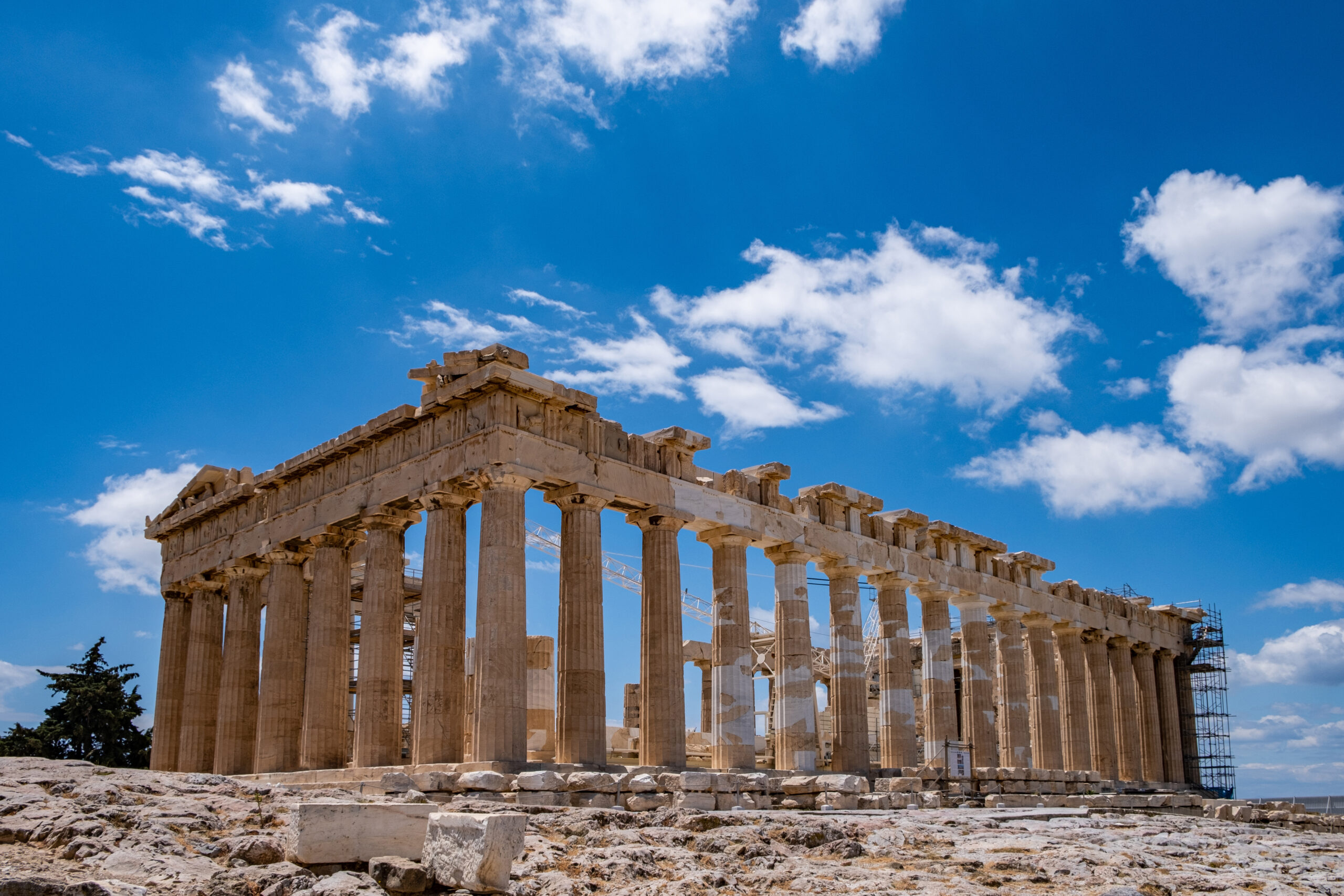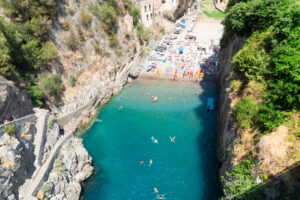The heat in Greece has been reaching record highs in recent weeks, and the government has taken the unprecedented step of closing the Acropolis to protect visitors. The Acropolis is one of the most popular tourist destinations in Greece, and it can get very hot during the summer months. The combination of high temperatures and high humidity can be dangerous, especially for older adults and people with health conditions.
The decision to close the Acropolis was made after consultation with medical experts. The experts warned that the heat could pose a serious health risk to visitors, and they advised the government to take action. The closure will remain in effect until the temperatures cool down.
The closure of the Acropolis is a significant inconvenience for tourists, but it is necessary to ensure the safety of visitors. The government has said that it is committed to reopening the Acropolis as soon as possible, but it is not clear when that will be.
In the meantime, tourists can visit other attractions in Greece that are not as affected by the heat. Some popular alternatives include the Parthenon Museum, the Temple of Poseidon, and the Delphi ruins.
The heat wave in Greece is a reminder of the importance of taking precautions during hot weather. Visitors should stay hydrated, wear light clothing, and avoid strenuous activity during the hottest part of the day. They should also be aware of the signs of heatstroke and heat exhaustion and seek medical attention if they experience any of these symptoms.
The heat wave in Greece is not an isolated incident. Climate change is causing temperatures to rise around the world, and this is leading to more extreme heat waves. In the future, we can expect to see more closures of tourist attractions due to heat, so it is important to be prepared.
Here are some tips for staying safe in hot weather:
- Drink plenty of fluids, especially water.
- Wear light, loose-fitting clothing.
- Avoid strenuous activity during the hottest part of the day.
- Stay in the shade as much as possible.
- Take cool showers or baths.
- If you start to feel hot, dizzy, or nauseous, get to a cool place and rest.
The heat wave in Greece is a serious problem, but it is one that we can all help to address. By taking precautions and staying safe, we can help to reduce the risk of heat-related illness.




